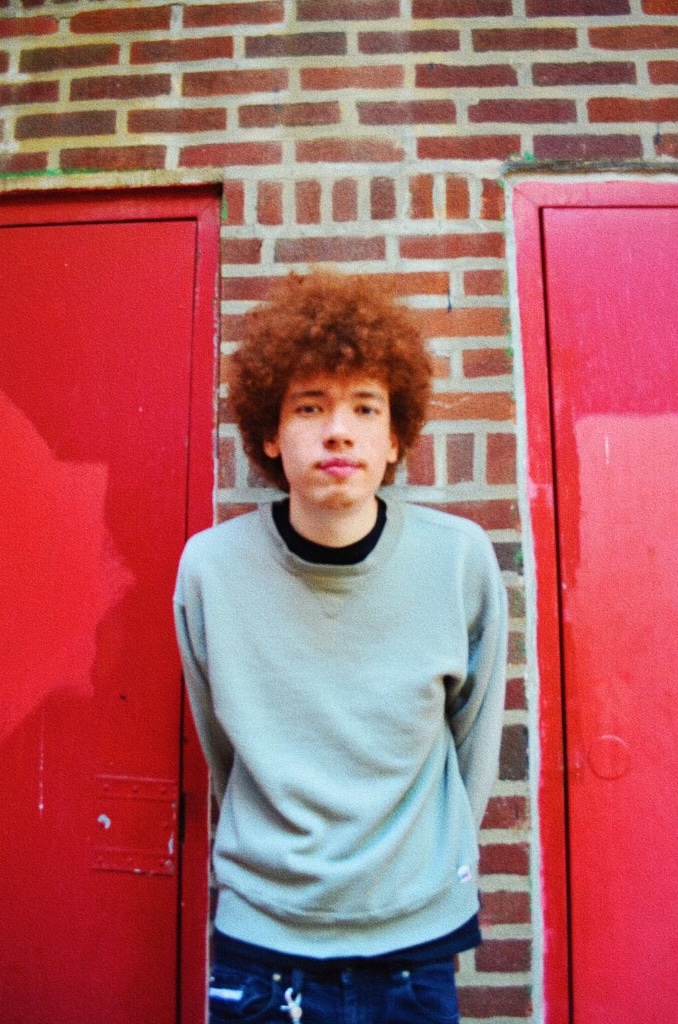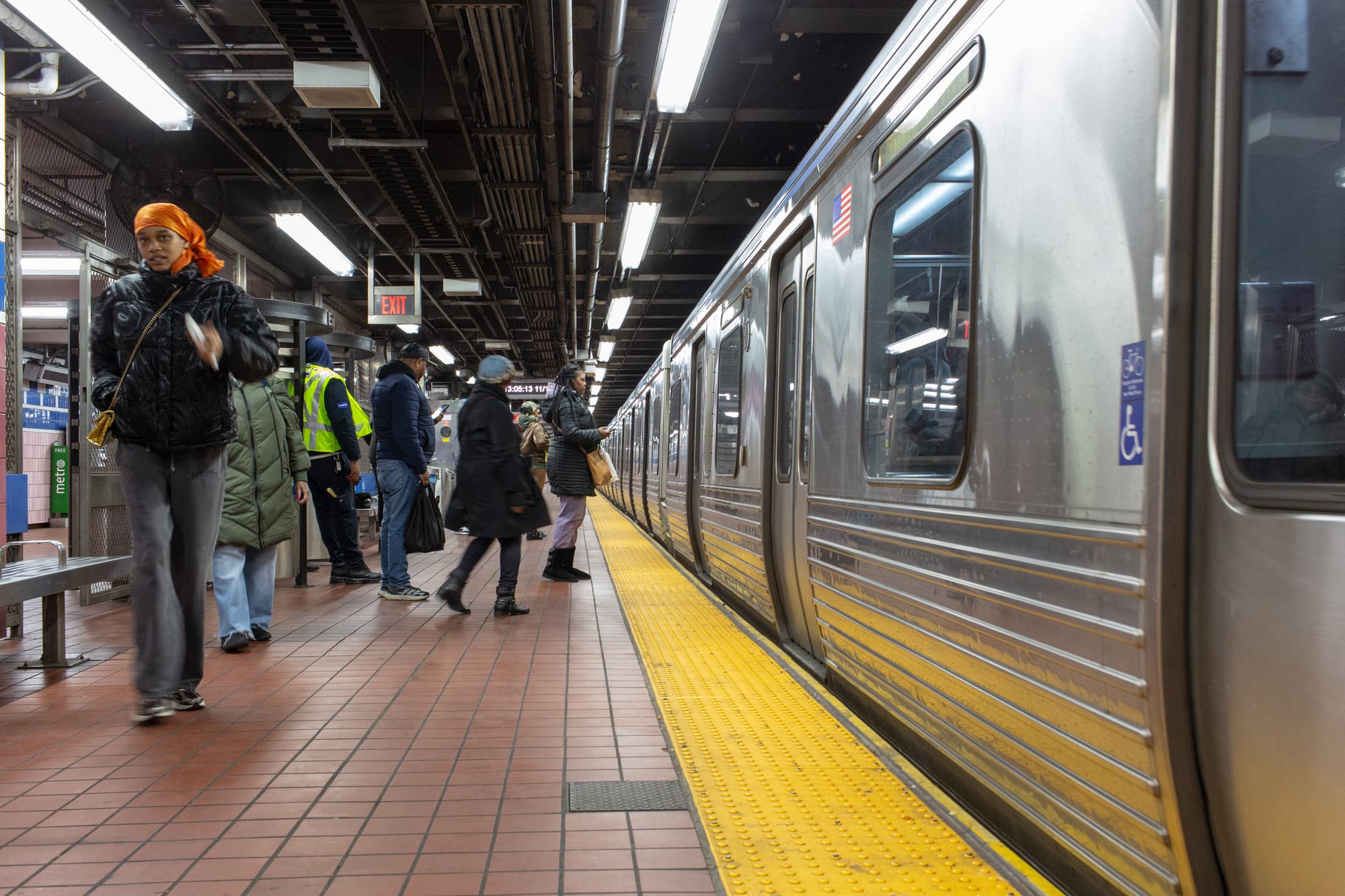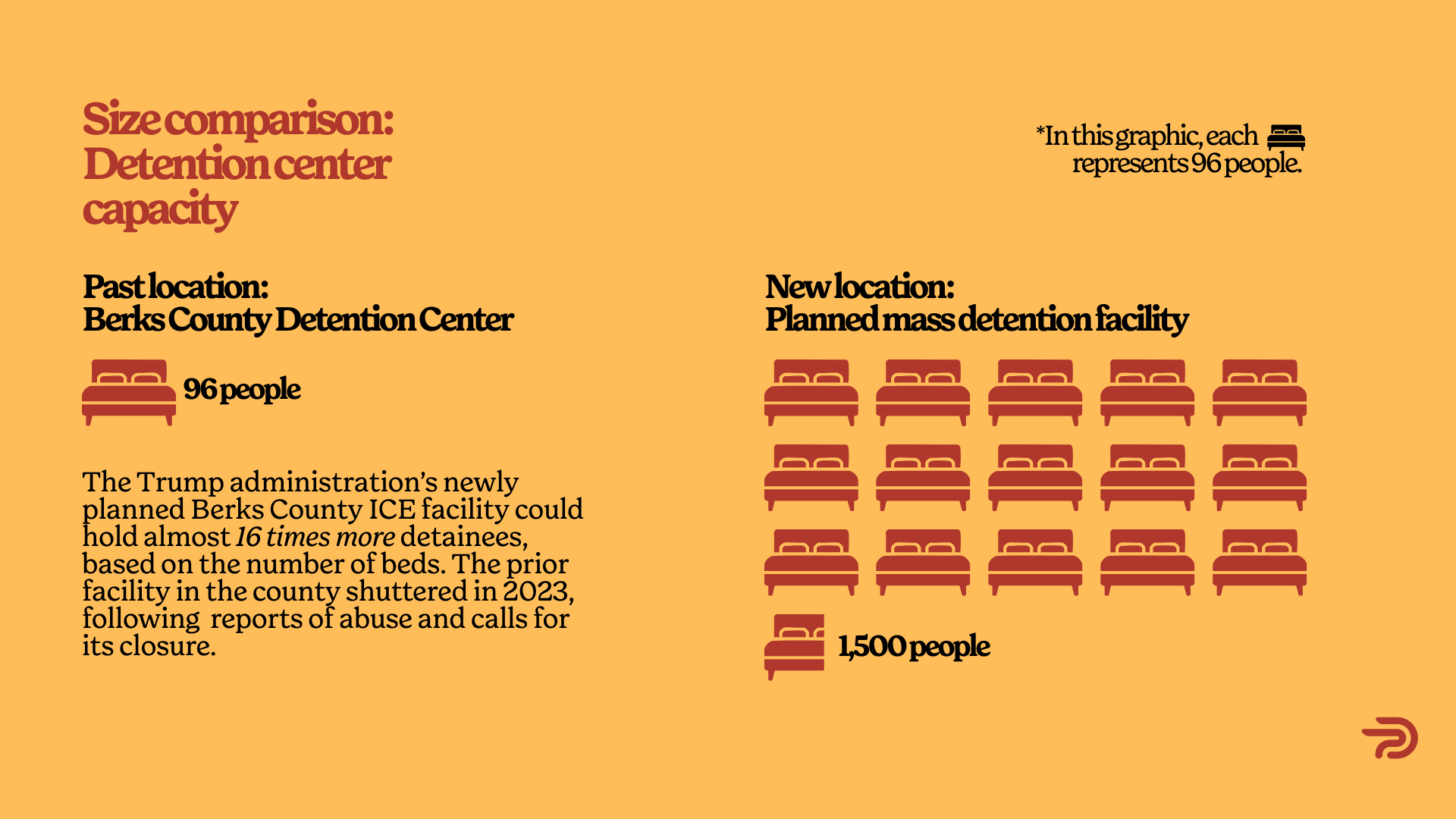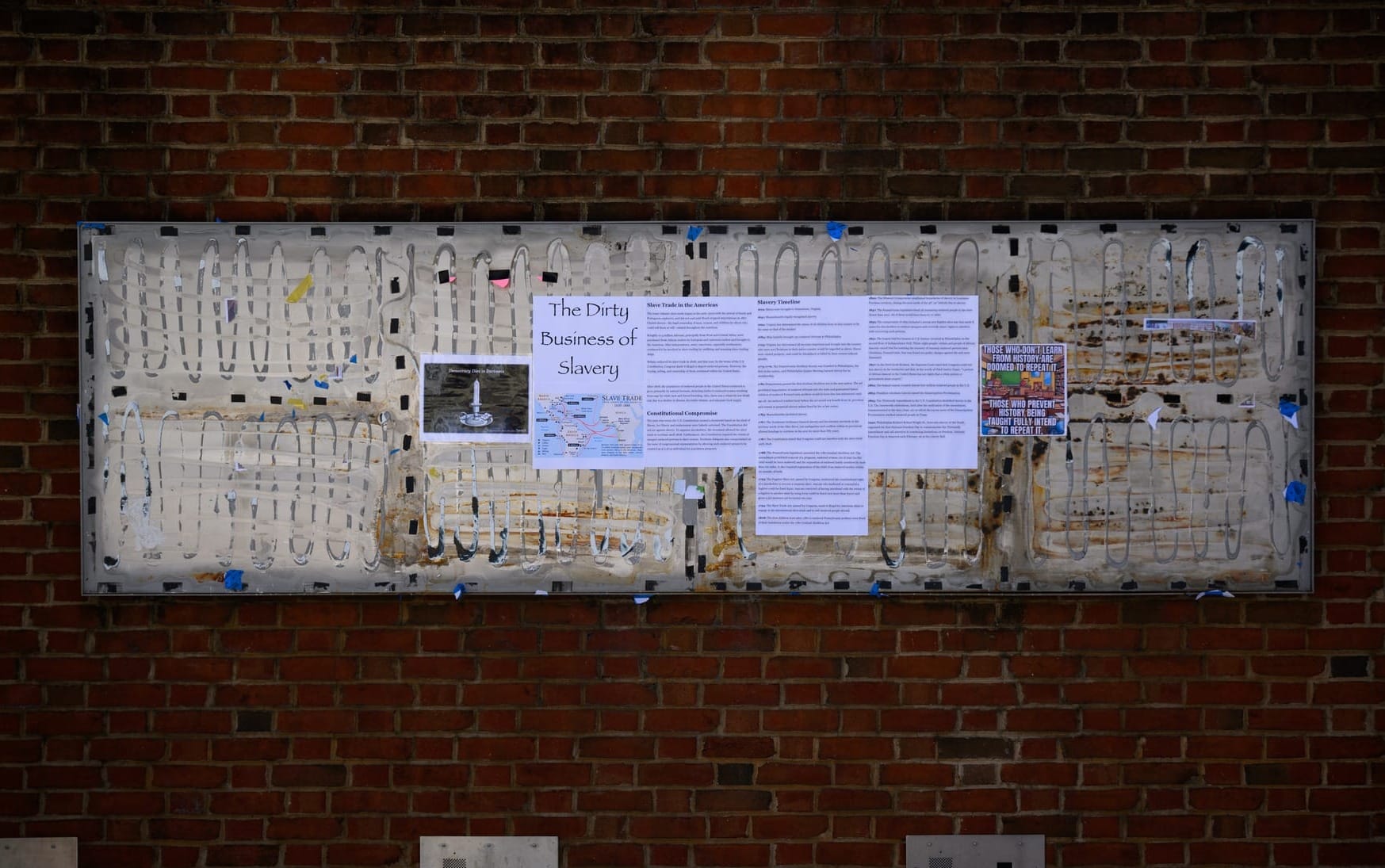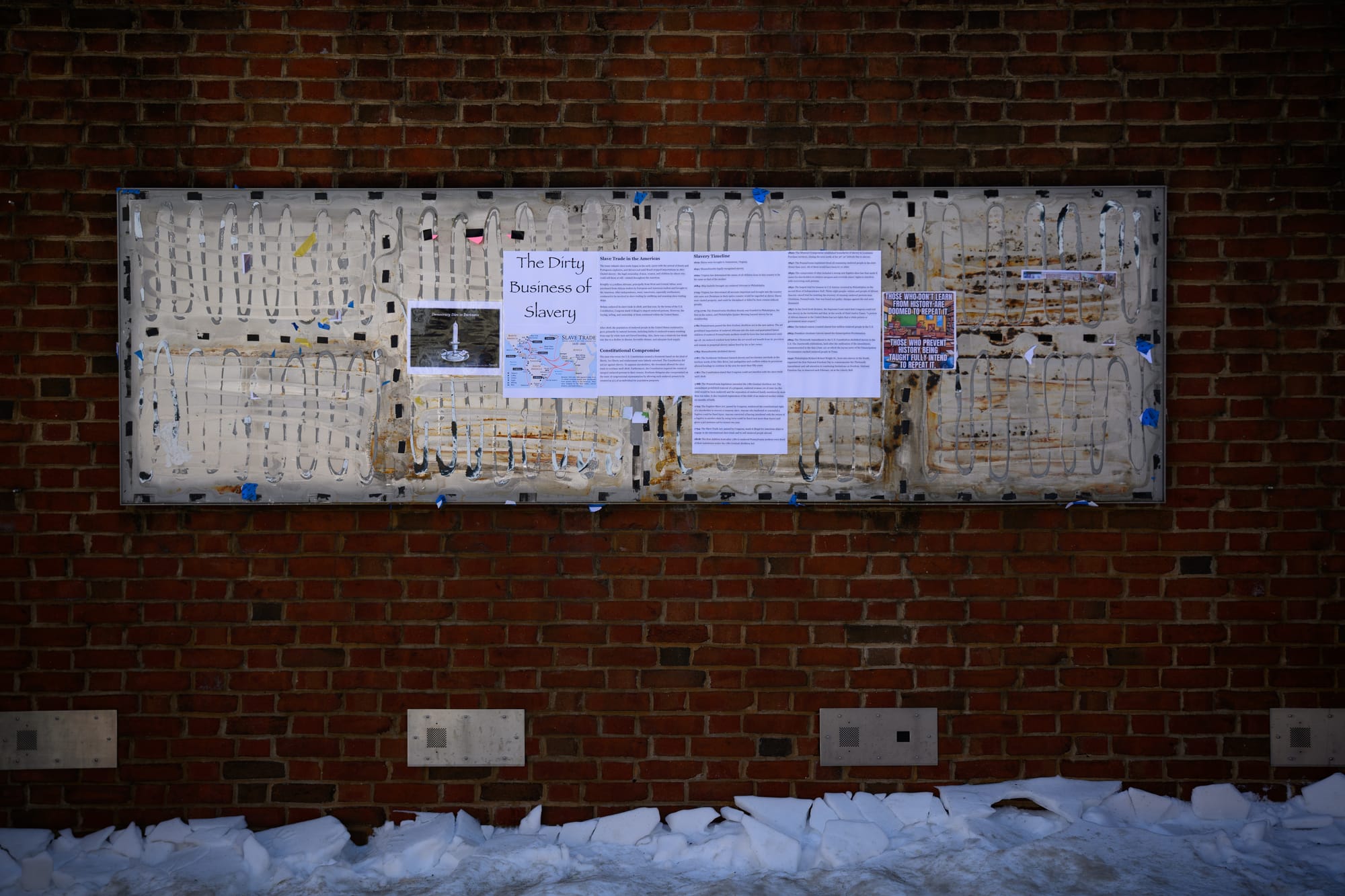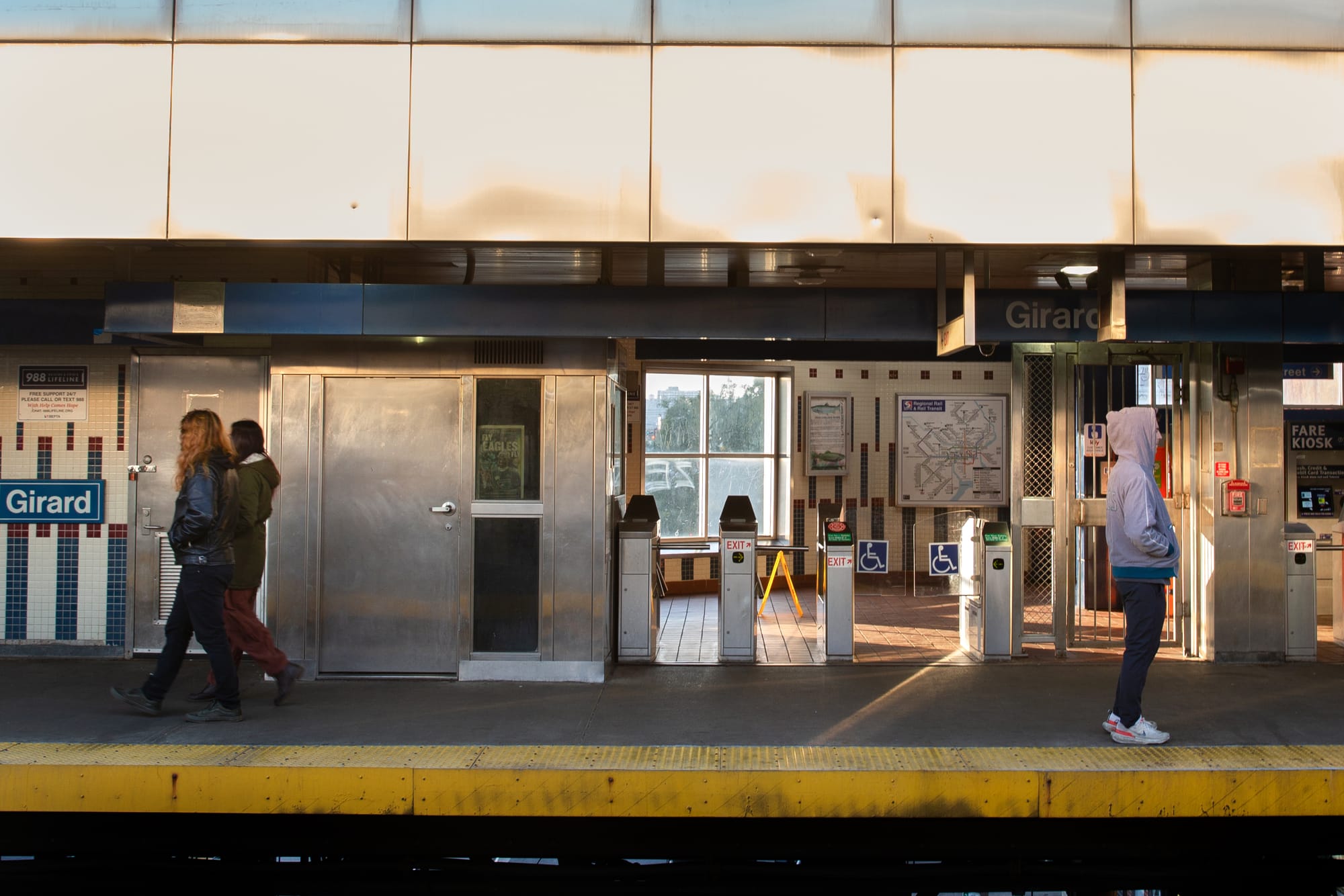“We Belong to Each Other”: How Collective Climb Embodies Restorative Justice
“Restorative justice is this idea, to me, that we belong to each other,” said Warwick. “And because we belong to each other, as a community, we have the responsibility and the duty to care for each other, to check in on each other."
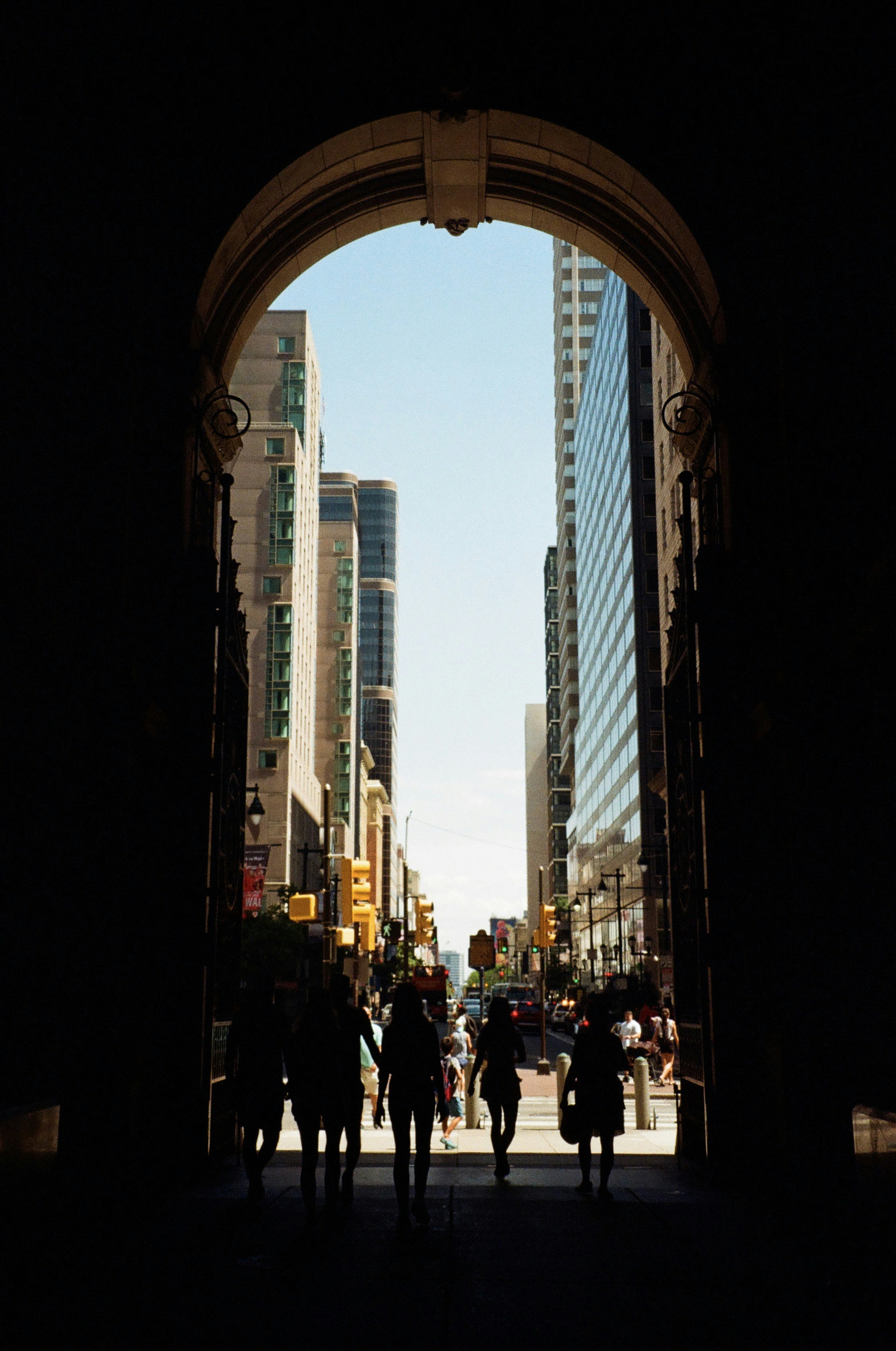
Collective Climb is headquartered in Center City near The Kimmel Center. Their office is spacious, full of color and bean-bag chairs. Immediately as I entered, I noticed collages on the walls that I later learned were the product of a workshop that they hosted. The collages featured images of the Zapatistas, Assata Shakur, Nina Simone and a variety of quotes. One that stood out was a quote by Claudia Rankine, “Why are We Here if not for Each other?”
A Black feminist organization, Collective Climb focuses on empowering teens in West Philly. McKayla Warwick, executive director of Collective Climb, Kweku Owusu, finance director, and Khari Graves, head of the organization’s Restorative Justice Diversion Program, are ready to step up to meet the challenges faced by this pivotal moment in our history.
Collective Climb's origins began on Penn's campus. It’s founders, Warwick, Owusu, and Hyungtae Kim, were all Penn students. As each of them prepared apply for the President's Engagement Prize, a year-long prize for service work, they began reading books by Alice Walker, Saidiya Hartman and Mariam Kaba.
That preparation led them to restorative justice work. The trio, all non-locals, thought deeply about how to relate to the needs of communities in Philadelphia.
Then 2020 hit. In the midst of all that year was, Warwick, Owusu, and Kim proposed to Penn a program centering Black youth, specifically those facing arrest and criminal processes from Penn Police. Collective Climb was born from that very proposal.
After many long meetings, it was clear to the trio that the university was not interested in pursuing restorative justice. Instead, it echoed a pattern of institutional capture in order to perform politics in the wake of the George Floyd uprisings. Months later, following UPenn police being implicated in violence against protestors in October of 2020, Collective Climb decided to go another direction.
They took their idea to the neighborhoods of West Philly. After knocking on hundreds of doors in the Fall of 2020, they learned most people, 92%, were in favor of alternatives to the carceral system while 88% were in favor of restorative programs. The types of programs that Collective Climb was proposing. Using this research, they created the Restorative Community Project. The goal is to provide a space for healing, conversation and political education.
“This started as a space for allowing youth to process some of the harm and trauma that they faced in the community and share back their learnings in a way that’s able to help face the community,” Owusu said. They are currently organizing their ninth cohort of the Restorative Community Project.
They provide a space away from the environments that have been the site of trauma, often taking trips away from Philly to places like the Poconos. The youth develop their own projects as a capstone to the cohort. These projects have included mixtapes, open-mics and fundraisers for Congo, Sudan and Palestine. Many of the teens stay involved with the organization as members of Collective Climb's youth advisory council.
Soon after they began working through their Restorative Healing cohort, District Attorney Larry Krasner's office reached out to them in 2021 to handle a restorative justice case. From this collaboration, their Restorative Justice Diversion Program was born.
“Restorative justice is this idea, to me, that we belong to each other,” said Warwick. “And because we belong to each other, as a community, we have the responsibility and the duty to care for each other, to check in on each other. I think a lot of ways that broader systems that are imposed on us have tried to disrupt that, this is more about returning to our core of just being people who are navigating this world together.”
But is that restorative justice under threat? Under the current administration's dismantling of institutions viewed as “woke” or “DEI”, Collective Climb might be viewed as a target rather than a solution.
Collective Climb's members note that their work, despite the political climate, hasn't changed much. As the work of Collective Climb focuses specifically on Black and POC youth who are already deeply marginalized in the city of Philadelphia, rhetoric and actions of the current administration doesn't change their work. Graves, the head of the Restorative Justice Diversion Program, said “The population we work with, even at times in re-evaluation, are still outcasts”. Their job remains to bring them into community.
Collective Climb continues to prepare their programing, including their upcoming Restorative Community Cohort, “How Do We Heal from Harm on the Internet”, from October 7th to April 14th. They continue to center teens, young women and femmes. They remain open to experimentation. They show that restorative justice is not a magical solution but rather a willingness to find solutions that are ultimately healing, not just for individuals, but for West Philly’s communities.
After five years working within West Philadelphia’s neighborhoods and already making such an impact, Collective Climb’s work is only beginning. The city is already better for it.
